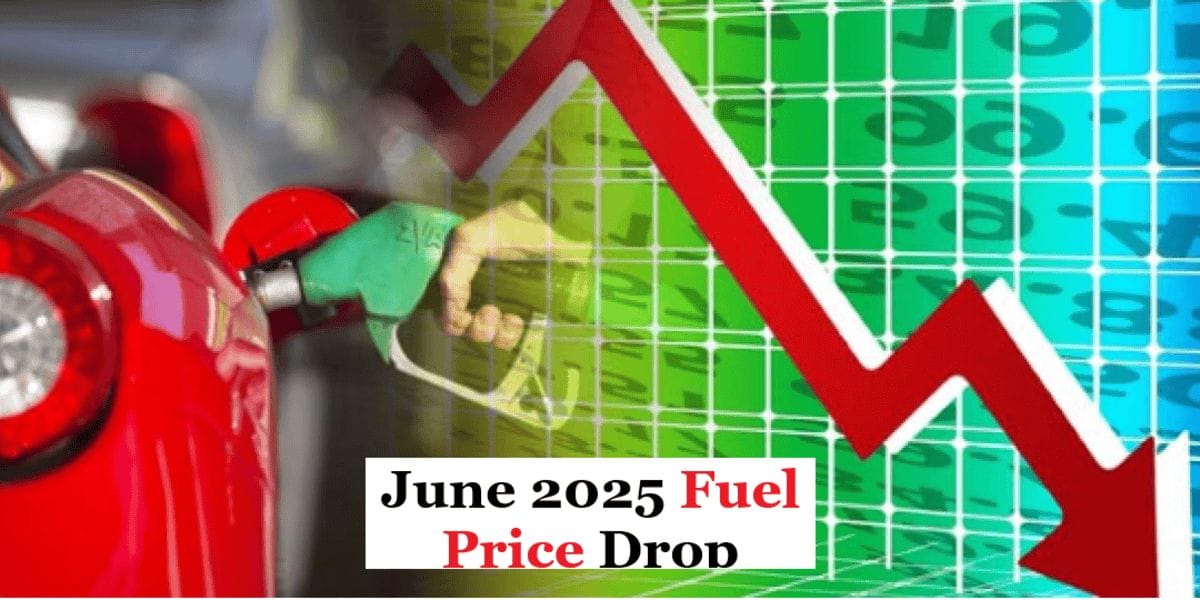South African motorists and businesses received welcome news in June 2025: a significant drop in petrol and diesel prices across all provinces. This reduction offers relief amid ongoing economic challenges and fluctuating global oil markets. In this article, we’ll delve into the specifics of the price cuts, explore the factors driving these changes, and discuss their broader implications.
Province-Wise Fuel Price Breakdown for June 2025
The Department of Mineral Resources and Energy (DMRE) announced uniform fuel price reductions across provinces, with petrol and diesel prices decreasing by R1.50 per litre. Here’s a detailed look:
| Province | Previous Price (R/L) | New Price (R/L) | Reduction (R/L) |
|---|---|---|---|
| Gauteng | 19.50 | 18.00 | 1.50 |
| Western Cape | 19.70 | 18.20 | 1.50 |
| KwaZulu-Natal | 19.60 | 18.10 | 1.50 |
| Eastern Cape | 19.80 | 18.30 | 1.50 |
| Northern Cape | 19.90 | 18.40 | 1.50 |
| Limpopo | 19.85 | 18.35 | 1.50 |
These reductions are part of a strategic approach to address the unique economic conditions and demand patterns in each region.
Factors Influencing the June 2025 Fuel Price Reduction
Several key factors have contributed to the nationwide decrease in fuel prices:
1. Global Oil Market Dynamics
A combination of increased oil production by OPEC+ countries and a decrease in global demand has led to a surplus in the oil market. This oversupply has driven down international crude oil prices, directly impacting local fuel costs.
2. Strengthening of the South African Rand
The rand has appreciated against the US dollar, improving from an average of R18.73 to R18.50 per USD. A stronger rand reduces the cost of importing crude oil and refined petroleum products, contributing to lower fuel prices domestically.
3. Adjustments in Fuel Levies
The South African government has maintained the Slate Levy at zero cents per litre, ensuring that consumers benefit directly from the reductions in international oil prices and favorable exchange rates. Additionally, the Illuminating Paraffin Tracer Dye Levy has been decreased, further contributing to the overall reduction in fuel prices.
Economic Impact of the Fuel Price Reduction
Relief for Consumers
Lower fuel prices translate to immediate savings for consumers, particularly those who rely on personal vehicles for daily commuting. The reduction eases the financial burden on households, allowing for increased disposable income and potential boosts in other areas of consumer spending.
Benefits for Businesses
Industries heavily dependent on transportation, such as logistics, agriculture, and mining, stand to gain significantly from reduced fuel costs. Lower operational expenses can lead to more competitive pricing, increased profitability, and potential job creation within these sectors.
Potential for Economic Growth
The cumulative effect of decreased transportation and production costs may contribute to broader economic growth. As businesses expand and consumers spend more, the economy could experience a positive ripple effect, fostering increased investment and development opportunities.
Consumer Reactions Across the Country
The announcement of fuel price reductions has been met with widespread approval. Motorists express relief at the prospect of more affordable travel, while businesses anticipate improved margins and operational efficiencies. Public transport users also look forward to potential fare reductions, enhancing accessibility and affordability.
Looking Ahead: Sustaining Lower Fuel Prices
While the current reductions offer immediate benefits, sustaining lower fuel prices will depend on various factors:
- Global Oil Supply and Demand: Continued balance between production and consumption is crucial.
- Currency Stability: Maintaining a strong rand against major currencies will help keep import costs down.
- Government Policies: Ongoing evaluation of fuel levies and taxes can influence future pricing structures.
Tips for Maximizing Fuel Efficiency
Regardless of fuel prices, adopting fuel-efficient practices can lead to further savings:
- Regular Vehicle Maintenance: Ensure your vehicle is serviced regularly to maintain optimal performance.
- Proper Tire Inflation: Keep tires inflated to the recommended pressure to reduce rolling resistance.
- Smooth Driving Habits: Avoid rapid acceleration and braking to improve fuel economy.
- Limit Excess Weight: Remove unnecessary items from your vehicle to decrease fuel consumption.

